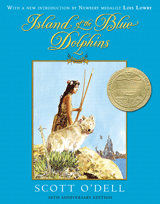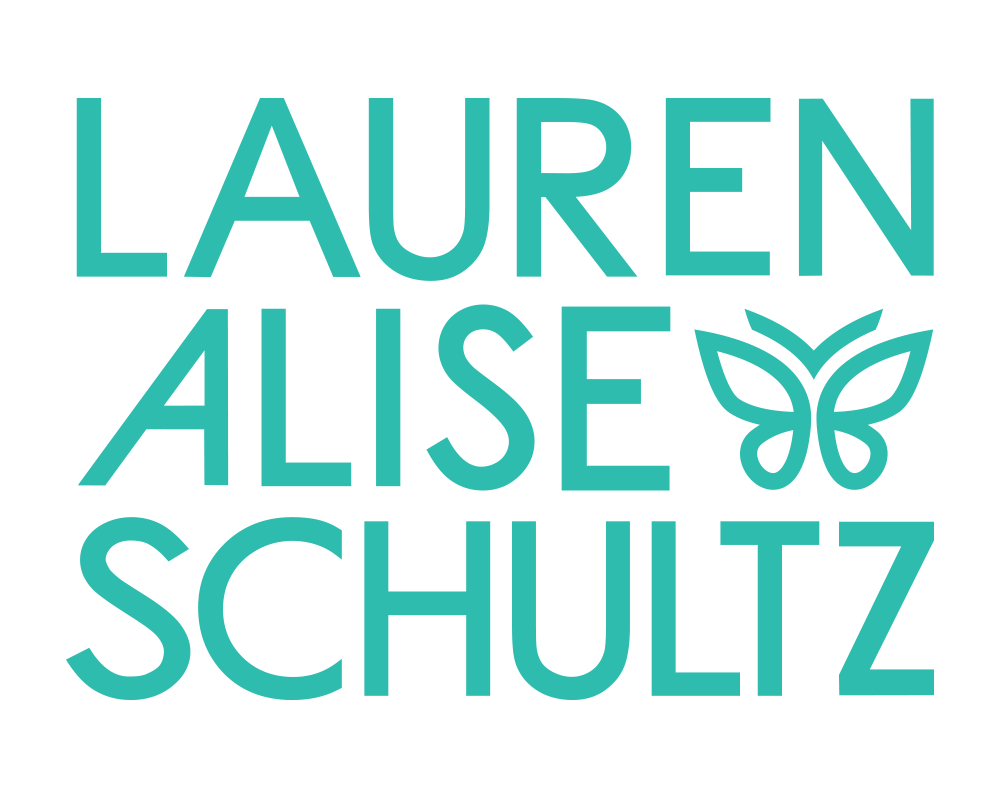While I was earning my Master’s Degree in Literature, I was assigned to read Robinson Crusoe by Daniel Defoe one semester. I have to admit that it was the only novel that I chose not to finish during my entire graduate school career – I could only take so many of the tedious ledgers and descriptions of the shipwrecked man’s available building supplies. I was so bored that I felt like throwing the book across the room – and boredom felt like an even greater waste of time when I had so many other books to read and papers to write. A friend in my class insisted that while the first two-thirds of Robinson Crusoe were indeed quite boring, the last part of the novel was much more exciting. But I confess that I stopped caring and put the novel up to trade on Paperback Swap.
Thinking back, I was never one for wilderness survival stories as a young reader. Probably because I was never one for wilderness survival – or even overnight camping. (I love nature and being outdoors in warm weather. I just don’t love sleeping outdoors on the hard ground or flimsy mattresses. Or being outdoors in cold weather of any kind. My husband has accepted that if he ever wants to take me camping, he needs to rent a cabin or an RV.) When I was elementary school, Jack London’s short story “To Build a Fire” mostly depressed me when we read it for English class and I took that as a sign that I should mostly stick to my Nancy Drews and Anne of Green Gables novels. Because of this bias, I missed out on Hatchet, Woodsong, and all of Gary Paulsen’s other novels. I missed out on My Side of the Mountain by Jean Craighead George and The Sign of the Beaver by Elizabeth George Speare. Knowing I was a voracious reader, the librarians at my school and my local library all tried recommending to me, and it became a kind of badge of my identity that I resisted.
Thankfully, my perspective has changed as an adult and I’ve enjoyed reading such YA wilderness novels as Julie of the Wolves by Jean Craighead George, Revolver by Marcus Sedgewick, One Came Home by Amy Timberlake, and The White Darkness by Geraldine McCaughrean. I think I have to thank a particular American Literature professor that I had in undergrad who opened my eyes to the beauty of the Transcendentalists’ writing. My experience reading and savoring Walt Whitman, Ralph Waldon Emerson, and Walden by Henry David Thoreau was like a gateway drug.
The Island of the Blue Dolphins by Scott O’Dell was one of the books that everyone else read in elementary school, but I actively resisted picking up. But when I saw the beautiful 50th Anniversary Gift Edition with gorgeous watercolors by Ted Lewin, I felt that it was finally time for me to read this classic children’s novel.
My conclusion is this: O’Dell’s novel is a much, much better version of Defoe’s plodding stranded-on-a-desert-island novel.
O’Dell’s prose is fairly simple, although I wouldn’t quite describe it as plain or sparse because his descriptions of the island, the animals and birds in particular, seem to come alive even without flowery prose. Every once in a while, the narrator Karana describes things in poetic terms and those beautiful images, scattered widely throughout the text, paint a picture of her island much more effectively than Defoe’s endless lists.
O’Dell has written Karana’s voice in simple language as well – reserved, she expresses her emotions in very understated terms. But this suits someone who has been left behind on an island with no human companionship for years. She has not forgotten her language, but her use of it has become fairly utilitarian overall. Even so, O’Dell is able to communicate the depth of Karana’s loneliness and grief, even using just brief phrases. Karana is not the kind of girl to go on and on. She’s the kind of girl who silently mourns the loss of her community while she builds her hut, hunts her food, and prepares to kill a pack of wild dogs. She’s the kind of girl who will try to kill a sea elephant and a devilfish, which is why she survives on the island by herself for so many years. In its simplicity, her language and voice express strength and determination.
Just as I came to appreciate her voice, I came to appreciate Karana’s strength of character overall. I know I would never survive out on my own in the wilderness – I doubt I could even put up a tent on my own, let alone build a hut out of natural materials. And my definition of hunting involves combing through racks of clothes at the mall, not going after my dinner with a bow and arrows. Yet the sturdy and resourceful qualities that Karana possesses is exactly what I appreciate about her character. As I read The Island of the Blue Dolphins and other wilderness survival novels at this particular time in my life, I came to realize how amazing it must feel to be so in tune with and so dependent on nature. I didn’t get that vibe, that luminous feeling of interconnectedness, from reading Robinson Crusoe though. Defoe’s narrator was a colonizer and a capitalist through-and-through; he tried to catalog and dominate the land. Karana must dominate certain aspects of nature in order to survive – she must be willing to kill the fish that she must eat, the sea elephants who tusks will provide her with sharp and strong spear tips, and the wild dogs that killed her little brother. But she also respects and comes to love many of the animals on the island, and she stops to admire the beauty around her.
Karana loves the island and says that it has been a place of happiness, despite the fact that she has been stranded their alone. Moreover, even the midst of her lonely and dangerous circumstances, she still enjoys dressing herself in garlands of flowers and skirts made of beautiful feathers. She’s a much more sweet and personable character than Defoe’s narrator – and therefore I could identify with Karana even though I am not nearly as tough.
Despite the beauty of O’Dell’s simple prose and appreciation that I developed for Karana, my appreciation for The Island of the Blue Dolphins also stems from the timing of when I (finally) read the novel. After living in the over-crowded urban sprawl of the Washington DC metro area for several years, we had just moved to the scenic Hudson River Valley when I first read Karana’s story. After sitting in DC traffic, bored and baking with the heat radiating off the paved-over wagon trails that wind through the metro, I had an even stronger desire to kumbaya with nature and I dove into several wilderness novels that probably wouldn’t have interested me just a few years prior.
I enjoyed this beautiful novel, feeling anxious and peaceful at different times as Karana faced wild animals, dealt with the forces of nature, and enjoyed the beauty and company of the more serene inhabitants of the island. The story allowed me to step outside myself and experience a beauty that is not often available to us today – the solemn beauty of (true) isolation.



This website was created with a lot of love, Coke Zero, and tacos by Kumquat Creative.